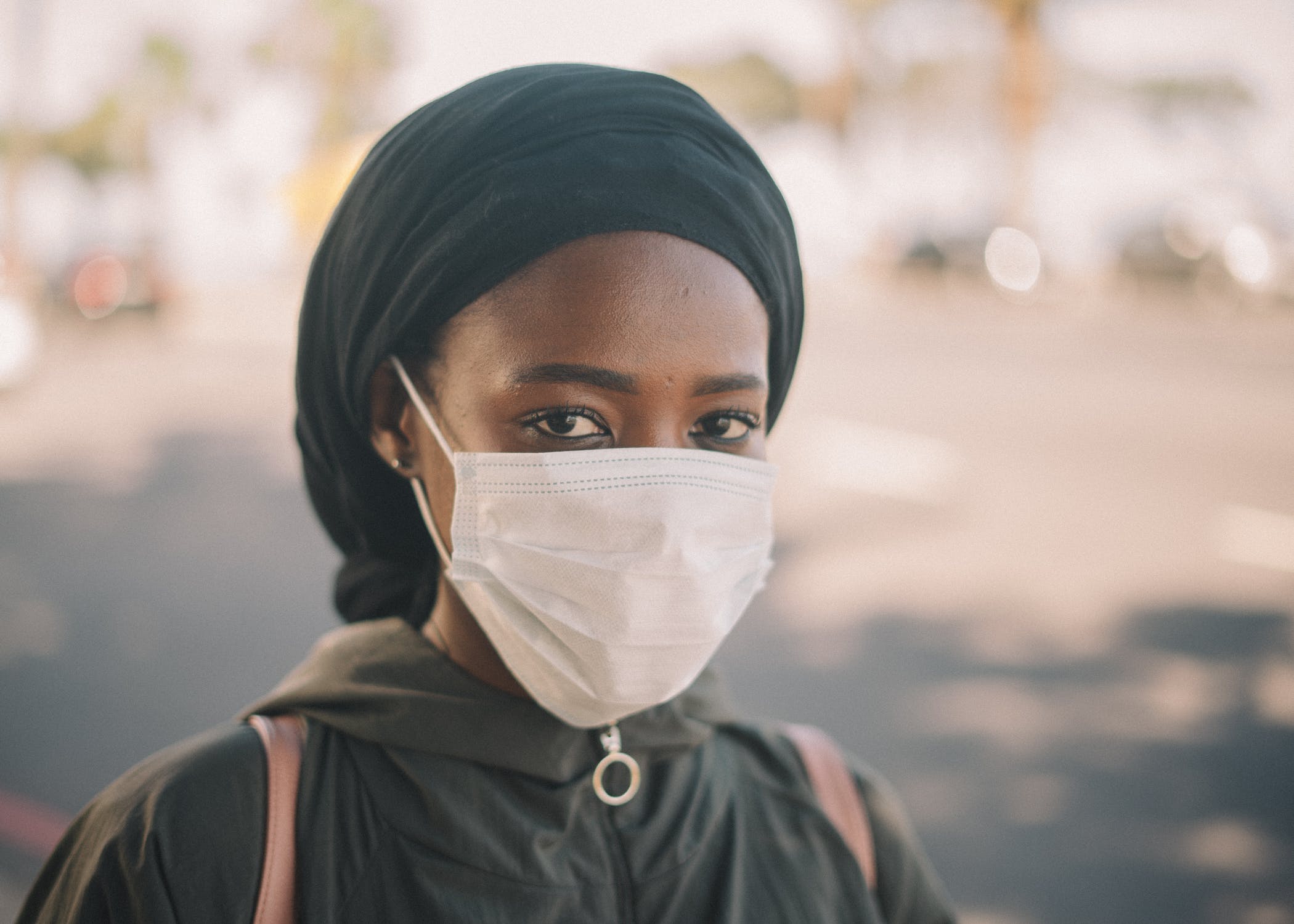COVID-19: Creating a culture of compassion & accountability

The pandemic begins
Since the start of the pandemic, we’ve been bombarded with information and changes. The virus is highly communicable; the disease has long-term implications. We’re physically distancing and our public environments have changed dramatically, creating an overall sense of dystopia. As these changes have unfolded around us, our fears (of being infected and infecting our loved ones) have justifiably heightened.
To minimize the spread of infection, our provincial government has implemented a framework with various levels of restrictions and recommendations for our daily activities in addition to creating the Contact Tracing Initiative. This is a program that contacts people diagnosed with COVID-19 to trace, notify, and isolate persons that they have interacted with. Preventative measures like these have been designed to flatten the curve, support those affected by COVID-19 and prevent major loss of life as was seen in other countries like China and Italy early on in the pandemic. Despite initiatives that have been designed to help and support us, our anxieties could be compromising the reliability of these strategies, and by extension, viral containment? How could our anxiety counter these efforts? The answer lies in shame, blame, and stigma.
COVID-19 and shame
Because of the stigma and blame attached to contracting COVID-19, being diagnosed with the disease can be scary. Aside from the biological harms of being ill, patients may also face guilt and other mental health challenges from possibly having infected their loved ones. In a study documenting the lived experiences of COVID-19 survivors, it was found that patients feel extreme anxiety and guilt. Not only do they blame themselves for the ill health of their loved ones, but they also fear losing their social circles.
Holding people accountable with a diagnosis of COVID-19 and those who do not follow public health protocols comes from care for loved ones and especially vulnerable people. Moreover, it can encourage folks to follow guidelines for preventing the spread of the virus. However, emphasizing blame against people can be counterintuitive to public health efforts. For example, the Contact Tracing Initiative relies on COVID-19 patients to be honest about their diagnosis and their social interactions pre-diagnosis. However, people may avoid disclosing their diagnosis to people they have interacted with due to feelings of fear or shame. However, it is vital for the safety of others that folks are completely honest about their whereabouts and interactions in the days leading up to their diagnosis. People with COVID-19 may feel uncomfortable opening up about their social interactions which is entirely understandable, but it is important to remember healthcare professionals are not gathering information to make anyone feel worse than they already do. Ultimately, we must remove shame, blame, and stigma around COVID-19 diagnosis to avoid negating our efforts to contain the spread of the virus and prevent unnecessary guilt and anxiety.
How can we move towards a culture of compassion for oneself and others, while also holding people accountable for not following public health protocols?
Creating a culture of care and accountability
- Acknowledge the constellations of factors that can result in a person contracting COVID-19, with some of these factors being more in one’s control than others. Examples include misinformation about physical distancing protocols, not being able to stay home as an essential care worker, forgetting to sanitize hands after a trip to the grocery store, and more. This tip is especially important in places where citizens receive mixed messages about COVID-19 and may not be fully aware of its harms.
- Recognize that receiving a COVID-19 diagnosis does not necessarily make someone apathetic or uncaring. In documented cases, many patients do feel worried for the people around them, and hold guilt for cases that occur among loved ones. We can, at least, empathize with their reasons for not following protocols. These reasons could range from feeling bored or lonely, to diverse social circumstances that make it difficult for someone to follow certain guidelines. For instance, if someone lives in an abusive household, it might be safer for them to leave the house during the day.
- Continue to hold people accountable when they fail to follow public health protocols, but do so in a way that is empathetic. While conversing with people who feel bored or lonely, validate their feelings, as well as their desires to participate in “normal” activities. At the same time, highlight how acting impulsively on these emotions could harm our communities. Perhaps you can suggest safe(r) ways of fulfilling their desires to, say, connect with others.
- Ask yourself how you can help address the factors that make physical distancing more challenging. For example, if loneliness leads people to meet with friends, how can we help relieve loneliness in a way that promotes physical distancing? So many people have already made efforts, such as online game nights, to promote connection. If someone feels unsafe staying in an abusive household, then maybe we can ask whether/how we can support their safety.
Sources
https://medium.com/illumination-curated/covid-19-shaming-how-the-blame-game-hurts-us-all-75f22b70d293
https://www.ncbi.nlm.nih.gov/pmc/articles/PMC7261080/
https://www.publichealthontario.ca/en/diseases-and-conditions/infectious-diseases/respiratory-diseases/novel-coronavirus/contact-tracing-initiative
https://www.sciencedirect.com/science/article/pii/S1876201820302033?casa_token=kK1mgNK9WYIAAAAA:geg_tv5BCap5hN87v1dbkQD-rR2ugAQZpzF42tyzkRbZv-L_-SiLGjvH-eTTUzn1qORTvqVyKg
https://www.tandfonline.com/doi/pdf/10.1080/10841806.2020.1782128?casa_token=xEVcadIvYsoAAAAA:ob_A4LFAFYdeBxQJH3PBGsixo-X1zxqyjBPwwBJCo4Uz-xn2R6IMZ2UvmaCdcwIts3E-qpJsaLii
https://www.newyorker.com/news/our-columnists/how-loneliness-from-coronavirus-isolation-takes-its-own-toll
Mental Health & Mental Illness, Physical Health, Relationships